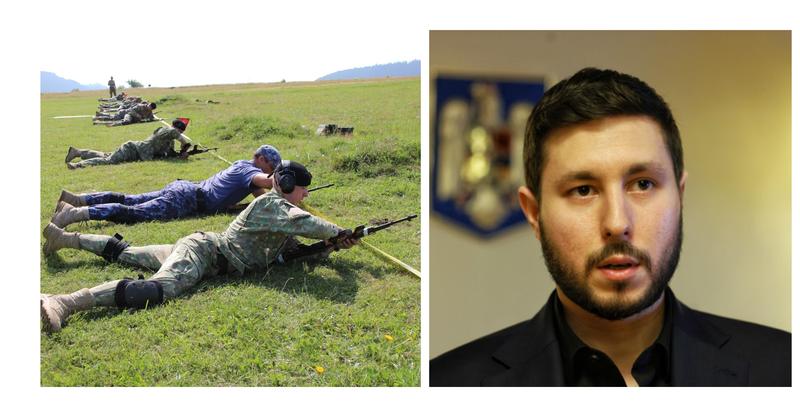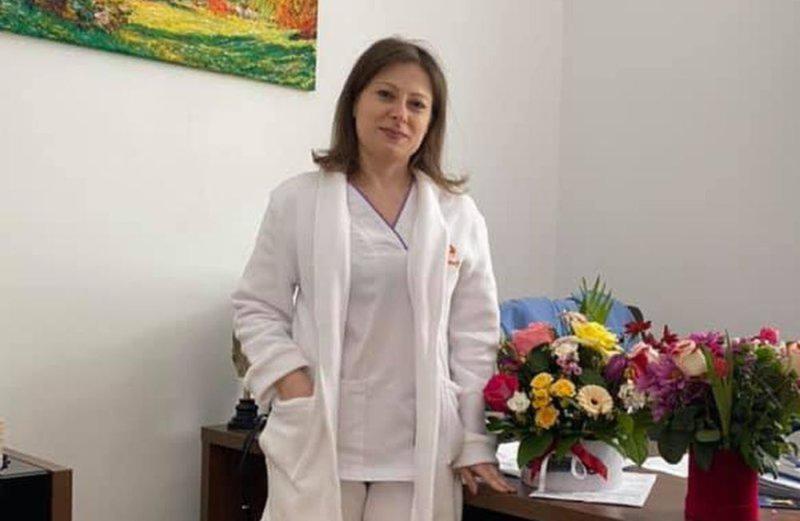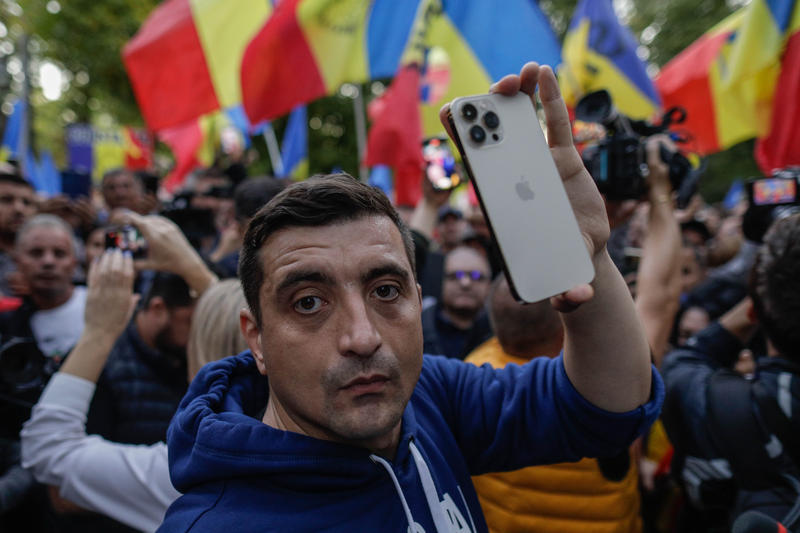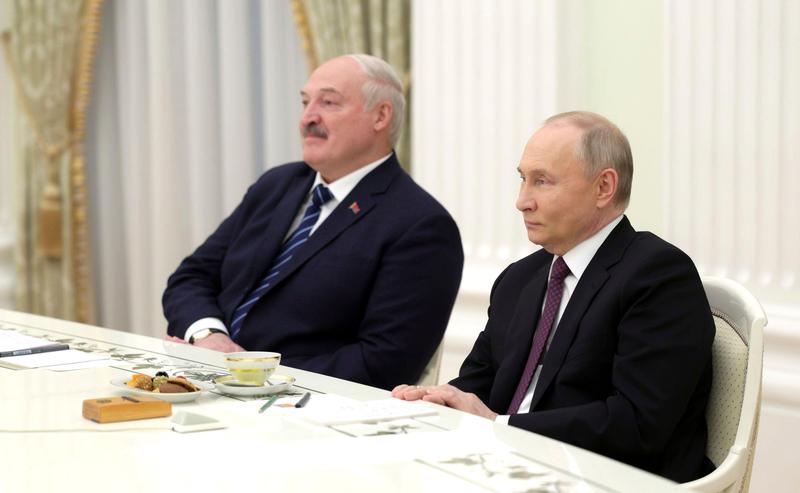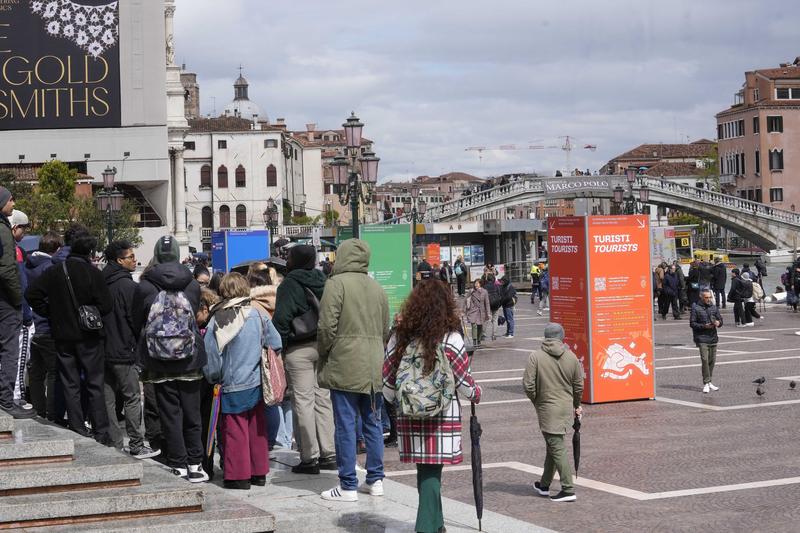708 Romanians were present in French jails, representing 0.3% of all foreign felons in France and only 1.2% of the total number of accused, not sentenced, persons at the national level were Romanians - Romanian European Affairs state secretary Bogdan Aurescu declared at Brussels in a meeting with European Commissioner for Justice Viviane Reding.
None of the 500 gypsies repatriated from France had convictions and all data indicate that public safety, invoked by French authorities as a reason for the expulsions, is not sustained by data offered by French authorities.
Aurescu presented Romania's position regarding the measures taken by France against gypsies. We underlined that Romanians are open to cooperate with French authorities and that Romanian authorities will not tolerate the breach of human rights irrespective of ethnicity. Aurescu made it clear that Romania will not allow its citizens to be discriminated.
Aurescu underlined that none of the persons repatriated from France were convicted in Romania or France, which means that the repatriations are made under the suspicion of future fellonies which breaches that presumption of inocence.
Aurescu showed that the problem with the Rroma community is a European issue: France cannot repatriate them without respecting Directive 38/2004 and cannot stop them from returning and France has no right to breach freedom of movement of European citizens.
Romania's delegation urged the European Commission to verify if the repatriations are really voluntary considering the circumstances. Romania's delegation advanced a set of solutions at the level of the Commission:
- to transform the European Rroma integration Platform launched last year in a Commission coordination mechanism with the participation of NGOs
- to adopt each year an action plan within the platform
- member states should be encouraged to include aspects related to social integration of the Rroma
- the Commission should put forward a mechanism to assit member states to benefit from European funds
- the creation of a secondment programme for Rroma experts to work in European institutions
- public information campaigns to increase awareness and stimulate the participation of the Rroma to public life and to the decision making process
- the organization of the 3rd European summit to deal with the Rroma issues


